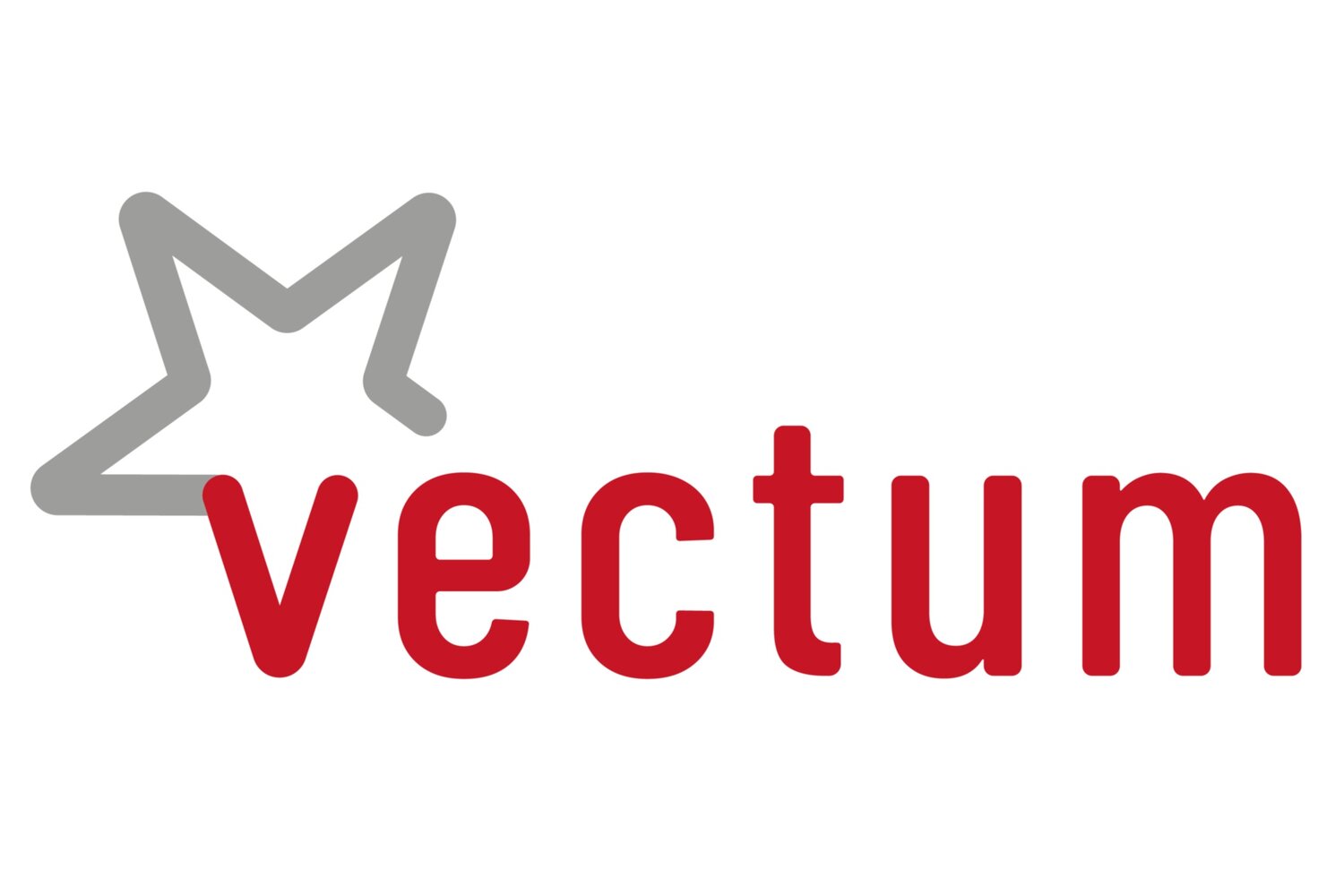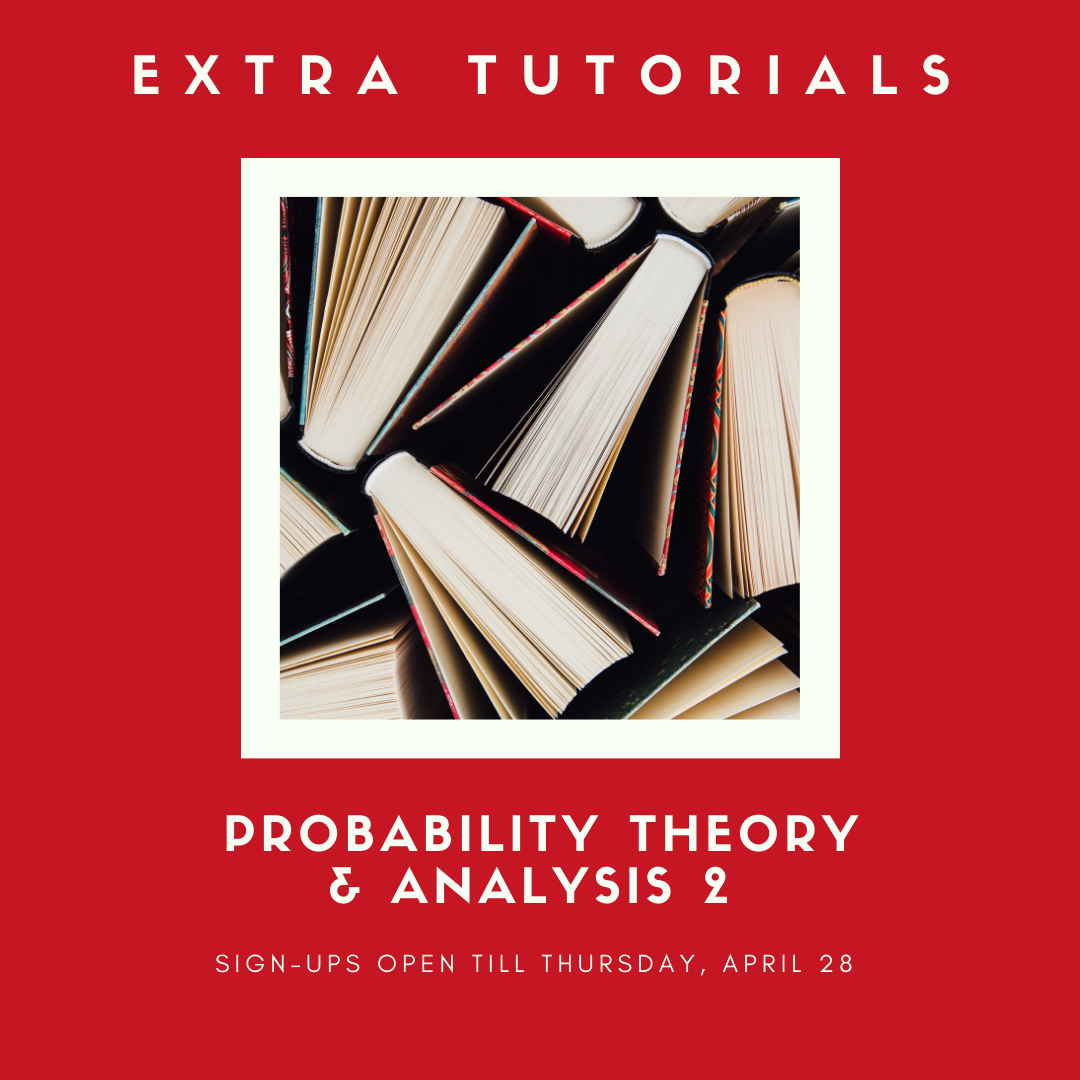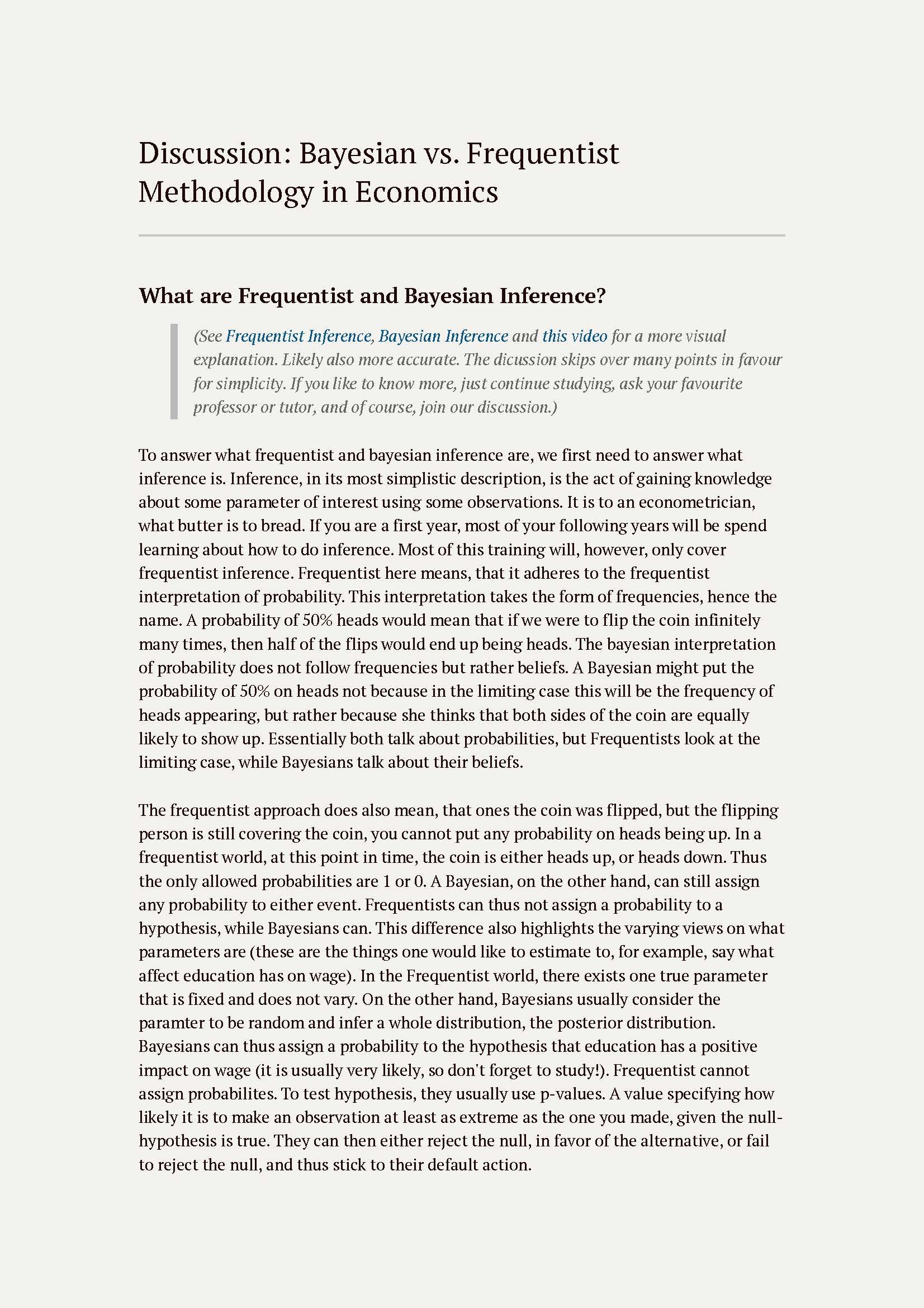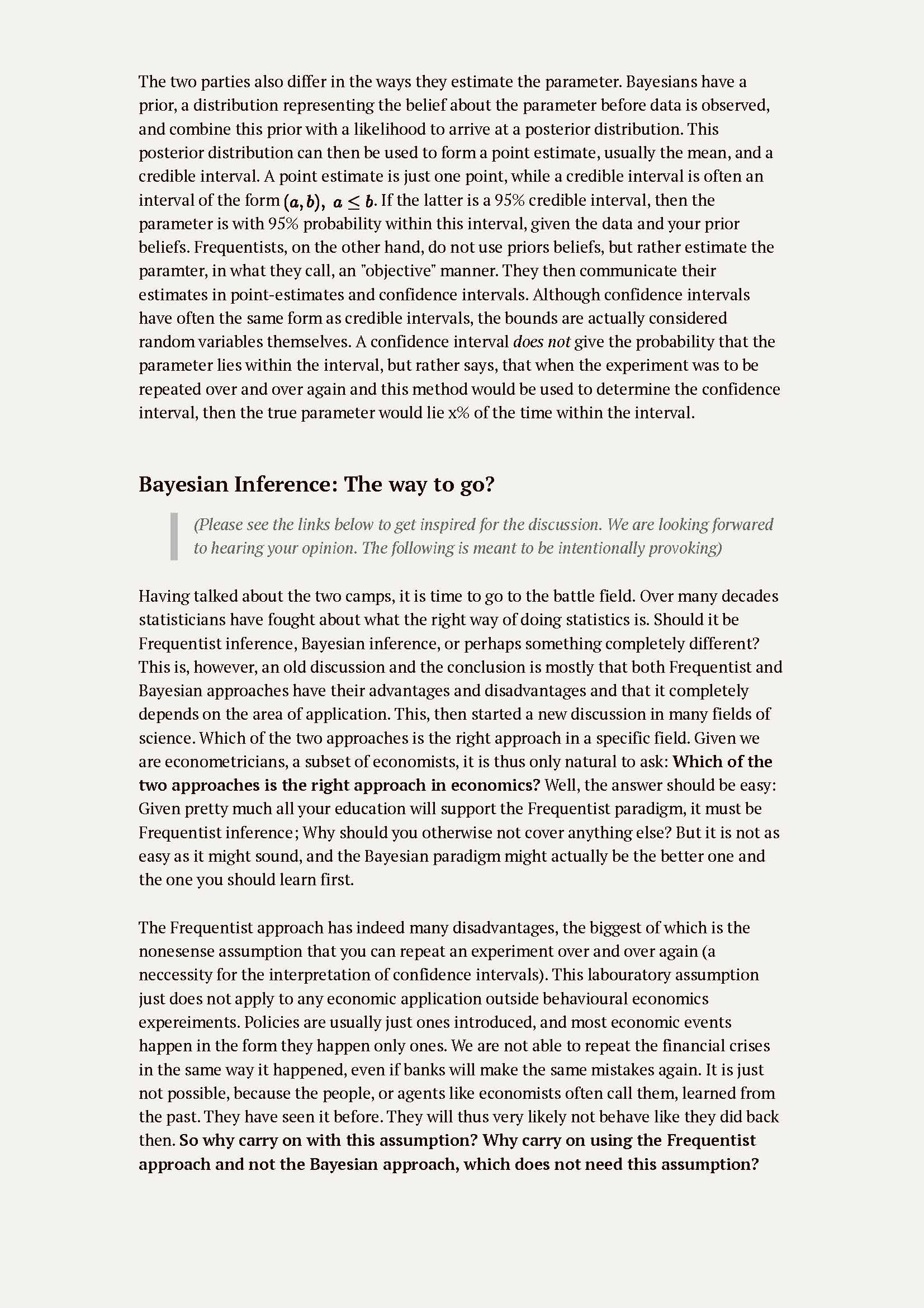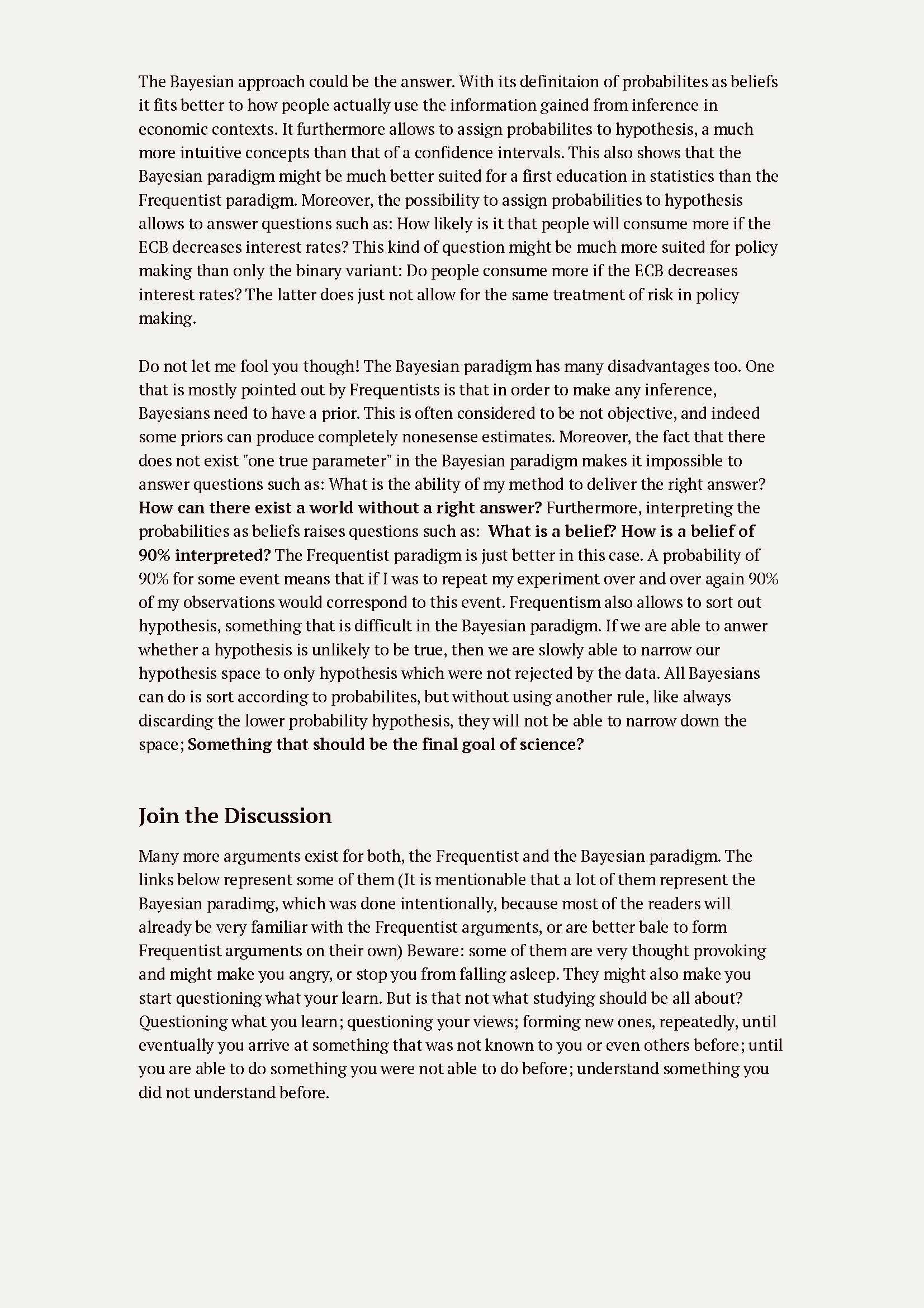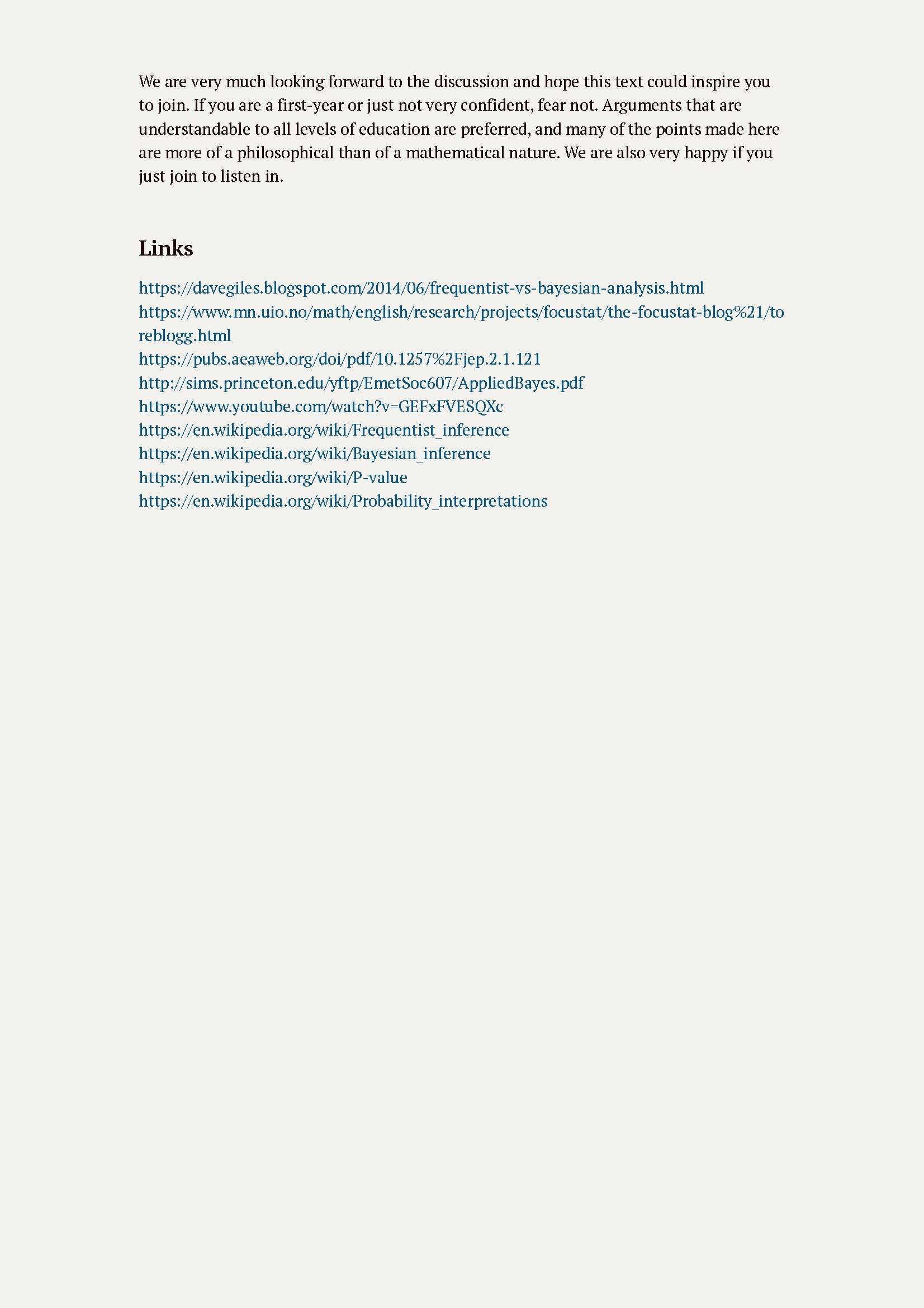
Board Info Session & Guest Lecture with Vincent Vis
Join us for an engaging and interactive session on the intricate world of financial markets and trading dynamics by our guest lecturer Mr. Vincent Vis, who has worked at big trading firms like Optiver and IMC.
Date: Tuesday, 12th March
Time: 19:30
Location: TS53 C-1.05
This seminar is intended to provide participants with a hands-on experience, covering topics like understanding option pricing strategies, analysing market-making dynamics, and experiencing the various jobs within trading houses like Da Vinci and Citadel. Learn what it takes to be a profitable trader and how your aptitude for maths can lead to fascinating job prospects in the fast-paced trading industry.
We have an information session before the guest lecture at 18:30 for members interested in applying for the 30th Board of Vectum. During this time, all the roles and responsibilities associated with each position are covered in detail, and you will have the chance to ask any questions about the role(s) you are considering applying for!
After the information session and the lecture, we will see you at the Preuv!
Sign up for the Guest Lecture and/or Board Information Session below:
